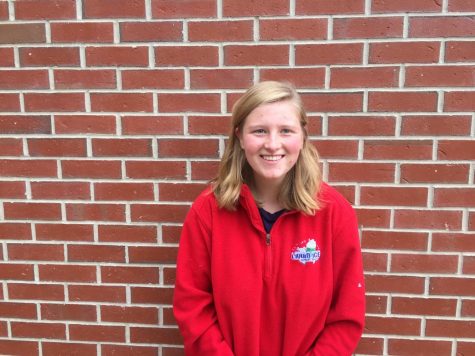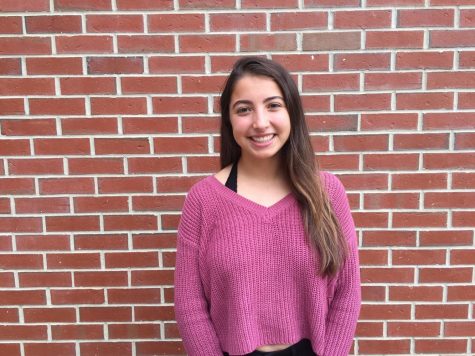Students seeking help for unhealthy relationships or sexual assault have several options available to them, whether they are ready to end their relationship or not.
Those in need of help for domestic abuse can call REACH Beyond Domestic Violence Massachusetts at (800) 899-4000 at any time, any day and receive support, shelter and/or referrals for affordable or free counseling. Even for students who are not ready to end their relationship, REACH offers programs and supports to help them work through the ups and downs of navigating through an abusive relationship.
Students seeking general counseling can contact Northborough Family & Youth Services at (508) 393-5020 or Southborough Youth and Family Services (508) 481-5676 for referrals and free services.
Victims of illegal crimes such as sexual assault, rape or physical abuse who want to press legal charges against their perpetrator can contact the police or the school resource officer Michael Bisset to begin the process of filing an official police report.
“The legal system doesn’t always get involved right away,” police captain and operations commander for Mass College of Pharmacy and Health Sciences Keith Kasprzak said. “Maybe at first [victims] were scared, but now they are angry and they want to get just justice. They might have a change of heart about it. There is no set rule about how the information comes to [the police]. Occasionally it’s right away, but quite often it can be days, weeks, even months after.”
Even when a crime is committed, there is no obligation to report the incident to police.
“There is nothing that says you have to even involve the police,” Kasprzak said. “Some people want to involve law enforcement because they want to bring their attacker to justice, but that’s not always the best choice for everyone. It’s up to the victim to decide what’s best for them.”
While filing a police report may not be the right choice for every victim, according to principal Dr. Sara Pragluski Walsh, choosing not to file a formal police report restricts what the school can do to bring the perpetrator to justice.
“We provide the student with supports, but if there is no formal police report and no victim comes forward, then there is no crime and the school cannot do anything further,” Walsh said. “That is really hard sometimes for those aware of the situation that may not understand that we have to respect the victim’s wishes or requests. It’s hard for me.”
According to Walsh, whether a not a student files a police report, it is important for anyone in an unhealthy relationship to talk to a trusted adult.
“It could be at school, at home, someone in the community,” Walsh said. “Their number one resource is their guidance counselor.”
Students who would like to talk to their guidance counselor can request an appointment by filling out a slip in the guidance office.
Because unhealthy relationships can vary so greatly student-to-student, Walsh believes, “there can’t be a cookie cutter approach” when students come to the school for help.
“It depends on the supports that the student needs, requires and is willing to accept,” Walsh said. “[The school can provide] internal counseling and external referral for therapy, or family wrap-around services. They can involve police if needed and [provide] systematic supports, for example, a temporary living situation. They also can set up academic supports because sometimes students are so concerned with academics that they are afraid to make the emotional change [of ending an unhealthy relationship.]”
If a teacher is concerned for a student’s well-being, Walsh encourages them to report the situation to guidance and administration.
Health and fitness teacher Melissa Arvanigian also encourages students who are struggling to talk to someone in the school building. Students could talk to their guidance counselor, a teacher or administrator they trust or one of the adjustment counselors.
An adjustment counselor is a guidance counselor specifically for helping students with emotional problems, rather than academic problems. Any student can request an appointment with one of the 4 adjustment counselors.
Adjustment counselor Sarah McNulty’s office is room H300b, adjustment counselors Deb Guterman and Amanda Davidson are in F107 near guidance and adjustment counselor Beth Mintz is in H214. All of the adjustment counselors can be contacted through their school email accounts, which follow the same format as all teacher and faculty email addresses.
“I think we have such caring and wonderful people in our building, that we are all lucky,” Arvanigian said. “If one person doesn’t have the right resources or the right information or the right tools at that time, we can always find somebody who does, and we can always point people in the right direction to help them.”



